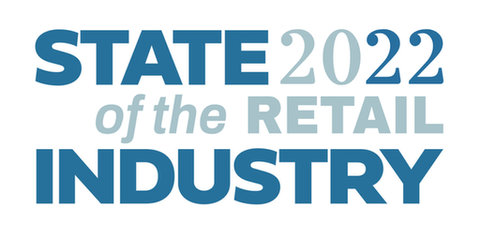
Amazon's systems will adapt within minutes. Will yours?
By Francois Chaubard, CEO, Focal Systems

Your car can drive itself, why can’t your stores? Over the past year, I’ve asked this question to executives of almost every major retailer around the world. A few retailers really have this figured out, but frankly the answers I hear from over half the retailers leave me concerned for the future of the retail vertical and market concentration. They have no plan.
Put simply, the retailers that are enacting top-down "AI mandates" to adopt automation and AI solutions chainwide by 2025 are going to crush the retailers that don't. These retailers will offer significantly lower prices and better customer experiences with AI. It is happening right now and it is creating an insurmountable competitive advantage.
Entering 2022 retailers continue to face major head winds from ongoing supply chain challenges, labor shortages and margin erosion from e-commerce growth. The game is just getting harder, not easier. And most retail executives do not understand AI at all, so instead of running to AI, they run to their previous playbook, which is throwing labor at the problem. But it’s not working because of the labor shortage which experts say will continue for 5 to 10 years. This is a very real problem. The retailers that get it are aggressively and quietly investing in systems that automatically adapt to changes in real time; AI-based systems that are smart, like self-driving cars.
Self-driving cars can set a course, and adapt along the way as traffic changes, to road closures, if someone swerves into its lane, etc. Most retailers today set their planograms a year beforehand. And have no system to change it monthly, or daily and definitely not on a per store basis. That is not adaptive. That is not "smart". If there is a known supply chain issue in one area of the country, how quickly does your ordering system adapt to change course and order the next best available item to ensure you have a product to sell? How quickly does your merchandising system adapt to adjust shelf allocations on a per store basis and ensure you are maximizing sales per square foot in all stores? How quickly does your task management system adapt labor schedules and priorities to ensure associates are working on the highest value task? How quickly does your system adapt to panic buying ahead of a snowstorm or lockdowns? I know Amazon's systems will adapt within minutes. Will yours? Or does yours depend on a bunch of very manual steps that will take months to react.
Just as self-driving car digitizes the world around it and making millions of micro decisions every second to adapt to the real-world, a retailer needs AI systems to digitize their store in real-time to automatically make all the key decisions in the store like ordering, merchandizing, labor scheduling, and task management to maximize sales, labor, and EBITDA. AI can do all of this better than today's systems.
I am watching this movie play out as we speak. A handful of retailers have already begun to roll out these automation solutions with staggering results. 60% reduction in labor spend, 20% reduction in inventory, 50% reduction in shrink, 2% subs on e-comm orders vs. 30%, 10% increase in on-shelf availability, 5% increase in sales. This isn’t fiction. That is what you can achieve with real-time AI systems. The other retailers are too focused on the urgent to get to the important, too busy chopping trees to stop and sharpen their axe. I am very concerned that this will result in an insurmountable competitive advantage and consolidation—the magnitude of Amazon displacing Radio Shack, Toys R Us, and Circuit City. Similarly, these early adopters will slowly soak up all the market share available and the others will be forced to sell. Mark my words, in 2022 and 2023, we will see massive consolidation if retailers do not aggressively invest the profits they made from COVID into AI and automation.














Francois Chaubard is the CEO of Focal Systems, an AI company that builds Deep Learning Computer Vision solutions to automate brick and mortar retail. Focal Systems works with 15+ of the largest retailers in the world and our technology is deployed in stores on three continents. Prior to founding Focal Systems in 2015, Francois worked at Apple as a Deep Learning Researcher and as a Missile Guidance Algorithm Engineer at Lockheed Martin. Francois attended Stanford University where he earned two master degrees in CS and EE.